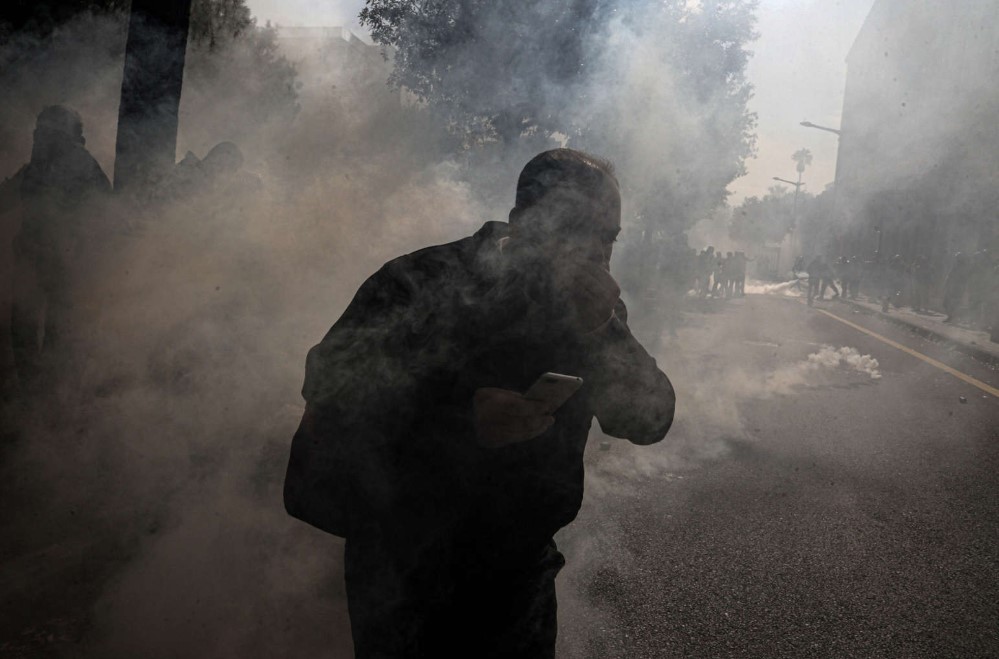Lebanon is a Middle Eastern country that sits on the west of the Mediterranean Sea. The Lebanese Civil War (1975–90) massively deteriorated the nation and caused economic crises that have rippled through the years and can still be felt in Lebanon today. The country’s various humanitarian issues have placed its GPI score at 2.581.
The only North American country on this list, Mexico’s GPI score sits at 2.599. The country has been plagued with violence from organized criminal groups, which has been largely left unaddressed by the government. Several other human rights violations have turned Mexico into a hostile country.
Niger is a landlocked country in West Africa that has faced severe drought and the gradual spread of the Sahara Desert. More than 13 million people don’t have access to water, which has created violent conflict. The country’s GPI score is 2.625.

In South America, Colombia’s GPI score of 2.693 can be majorly attributed to the country’s continued human rights issues, which include unlawful killings, torture by government security forces, and corruption.
Chad, Almost 42% of Chad’s population lives in poverty. The country has a GPI score of 2.699 that can be attributed to the nation’s critical levels of hunger, which are among the highest in the world.
The daily lives of Nigerians are marred with corruption. Economic instability in the country has given the nation a GPI score of 2.713, and there have been reports that the cost of food and resources have doubled in the past year.
Myanmar is located in Southeast Asia and has been the site of many ethnic-based insurgencies since 1948. The country is currently experiencing an ongoing civil war, which has placed the nation’s GPI score at 2.741.
With a GPI score of 2.745, the South Asian country of Pakistan faces multiple sources of external and internal conflict. Extremism and economic instability have given rise to political unrest and skyrocketing food prices.
The Middle Eastern country of Iran has faced decades of human rights violations and religious contention. The country’s GPI score of 2.800 can also be attributed to the civil unrest caused by military groups.
The African country of Burkina Faso is currently dealing with one of the fastest growing displacement crises in the world. A quarter of the country’s population relies on humanitarian aid, all of which have placed the nation’s GPI score at 2.868.
Somalia is the easternmost country of the African continent and is most infamous for its piracy, which has created major problems for the country’s international trade. Other issues have added to the country’s instability, including terrorism. The country’s GPI score is currently 3.036.


